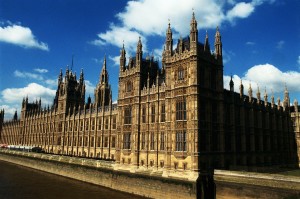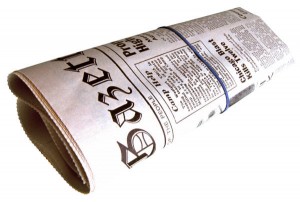No Director General of the BBC has had a baptism like this. Not fire but Two “tsunamis of filth”, to use BBC Trust Chairman Lord Patten’s phrase, tipped over George Entwistle’s head in as many weeks.
In both instances Entwistle has been badly let down by a News management that feels completely dysfunctional and by the apparent absence of anyone else, including in his own office, capable of telling him what he needs to know when he needs to know it.
When Entwistle last came before our select committee over the Newsnight Savile fiasco I told him he needed to get a grip. I meant this as this as frank but friendly advice.
He faced a crisis. He was in charge. He needed the people and the systems to get on top of, manage it and resolve it. Now he’s engulfed by another, potentially more serious crisis. How can someone who is both able and decent and beat a very strong field to get the job find himself in this position?
From what I know about George Entwistle he’s not naturally very political. He hasn’t been playing the BBC management game for long. I don’t think he wanted to be Director General to satisfy his ego but because he thinks he can do a good job running an organisation he believes in. He may have imagined his senior colleagues are similarly motivated. But there are people now working under Entwistle who have spent decades and given their whole lives to inch their way up the BBC management ladder.
Entwistle was doing journalism and making TV programmes until just a few years ago.
He then leap-frogged a whole cadre of senior managers. Because Entwistle hasn’t spent decades moving up the ranks with them, he doesn’t know which ones are any good and which can be trusted. It certainly does not feel as if he is well supported by a collegiate bunch of senior colleagues. Maybe he should have foreseen this and employed the people and a strategy to deal with it. Now, he’s been blind-sided because this crisis has happened so early in his DG ship and he just doesn’t know whom he can trust to deliver. There’s a real danger that history is repeating itself.
One of the things which was wrong about the way the BBC reacted to the Hutton report was that the DG and the Chairman resigned but those who were responsible for the Gilligan scandal in the News division were not held to account. I fear with this debacle that Entwistle could be forced out and those in News management, who are responsible for what’s happened will get away with it, again.
I hope I am wrong.

